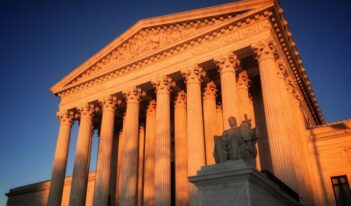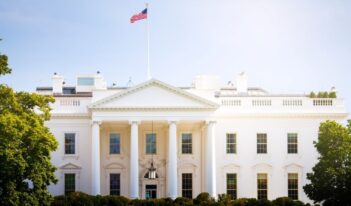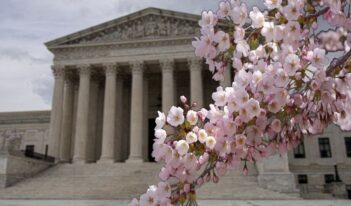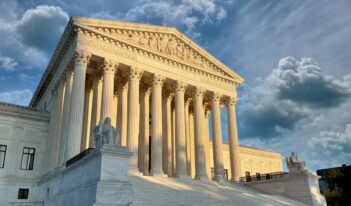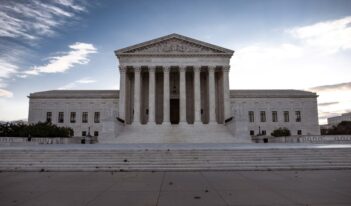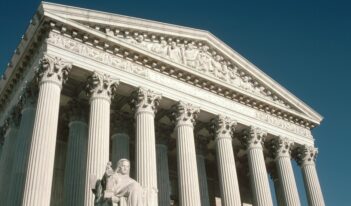Decision About Immigration Judges May Change the Game
A recent court decision may help protect civil servants unlawfully removed by the Trump Administration.
President Trump’s Deregulation Initiatives Are Exercises in Futility
The Trump Administration will struggle to convince courts to uphold the repeal of many agency rules.
On Direct Exercises of Presidential Power
Myriad questions surround the role of Congress and the Supreme Court in checking presidential power.
The Supreme Court’s Reassuring Opinion on Agency Decision-Making
The Supreme Court offers a robust vision of hard look review in a polarized political climate.
President Trump Is Not the Only Threat to Our Democracy
Party-based primaries inhibit the legislative branch.
Will the ABA Continue to Accredit Law Schools?
The Trump Administration may challenge the American Bar Association’s role in accrediting law schools.
Can the Courts Manage the Trump Blitzkrieg?
Legal questions raised in the first weeks of the Trump Administration may require the Supreme Court to make difficult decisions quickly.
The Important Case that Most People Know Nothing About
United States v. Eaton serves as the constitutional basis for thousands of executive branch decisions.
Two Neglected Effects of Loper Bright
The Supreme Court’s decision to overturn Chevron may have two salutary effects on administrative law.
The Urgent Need for Two Unanimous Opinions
The Supreme Court should decide two monumental lawsuits about former President Trump with short, narrow, and unanimous opinions.
On Misciting Marbury
In deciding whether to overrule the Chevron doctrine, the Supreme Court should not be persuaded by mistaken invocations of a famous dictum.
Does the Constitution Require Agencies to Use Biased Judges?
The Supreme Court should uphold longstanding legislation protecting the neutrality of administrative law judges.


